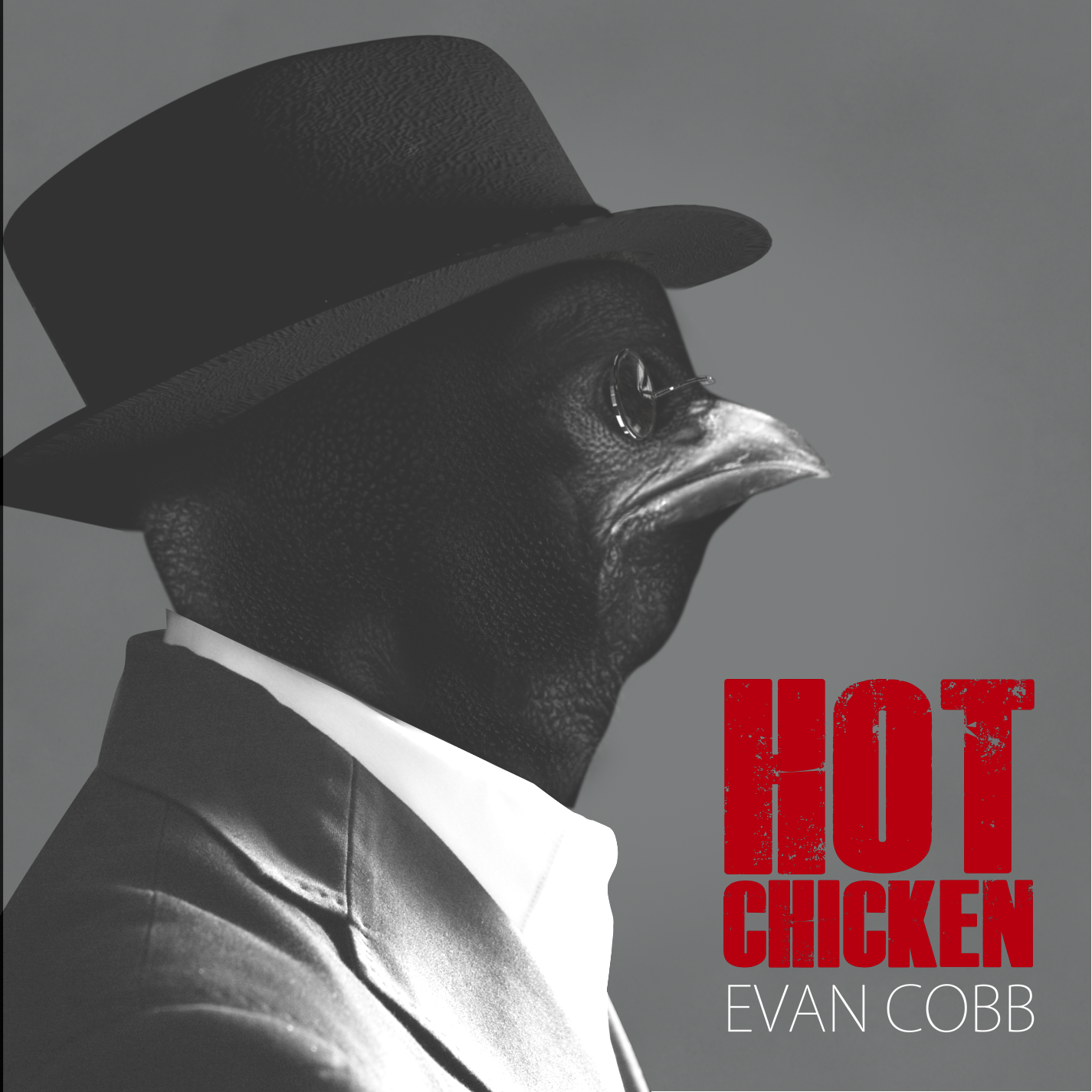Nobody argues that art is subjective. It is popular to say that we don’t go into the music business to win awards, but I believe that is not entirely truthful. In music programs of American schools, students are taught music in paint-by-numbers system, often having little ownership of the sounds they are creating and hearing. Push these buttons in this rhythm, and wa-laa, you have played this correct. Scoring systems are used to incentivize improvement in both marching bands and performance ensembles via Midstate and Allstate competitions. An number score is given to quantify the performance, essentially we are objectifying music.
As professionals we quickly learn that all awards, titles, accomplishments, etc are nothing more than stars to put in our personal flags that we wave to portray success and attract more business. What star has more caché than a Grammy Award?
The Gramophone Awards were started in 1959 to “recognize achievements in the music industry.” There is no formula for winning a specific category. Artists/songs/albums get submitted and then voted on by the National Academy of Recording Arts and Sciences. NARAS, for short. There is then a specially selected sorting done by selected members of NARAS before finalists are announced and voted on again, by NARAS members.

So who are NARAS members? Basically people involved in the music industry who are invited by other NARAS members. Seem a bit incestuous? Of course, but what popularity contest isn’t? Be sure to review how the electoral college works before you get upset about Grammy votes.
Anyways, this is a lot of of lead up to get to the point. Winning a Grammy Award for ‘Best Instrumental Jazz Album’ doesn’t directly mean anything other than you released a collection of “jazz” recordings in the previous 18 months. When we look at the list of past winners, we see nothing but luminaries of the jazz field:
Count Basie, Bill Evans, Wes Montgomery, Cannonball Adderley, Stan Getz, Freddie Hubbard, Chick Corea, Art Blakey, Wynton Marsalis, Roy Haynes, Oscar Peterson, Michael Brecker, McCoy Tyner, Joe Henderson, Sonny Rollins, Wayne Shorter, Pat Matheny, James Moody, Terri Lynne Carrington.
Objectifying the arts might not lead to anything other than bulletin board material, but there is no question that this list of jazz musicians reads like a history book and is unimpeachable. In the next class of Music City Jazz Session, we will look in-depth at one song from one record in each decade. Check out the playlist on Youtube. We hope you’ll conisder joining, more info below.
- 1965: Getz/Gilberto by Stan Getz
- 1976: No Mystery by Chick Corea & Return to Forever
- 1987: J Mood by Wynton Marsalis
- 1997: Tales From the Hudson by Michael Brecker
- 2004: Alegria by Wayne Shorter
How to Register
1. Fill out the online application (approx 3 minutes)
2. Pay $100 tuition via Square
   Grammy Winners
3. Put the class on your calendar
   Grammy Winners July 27 – 31



